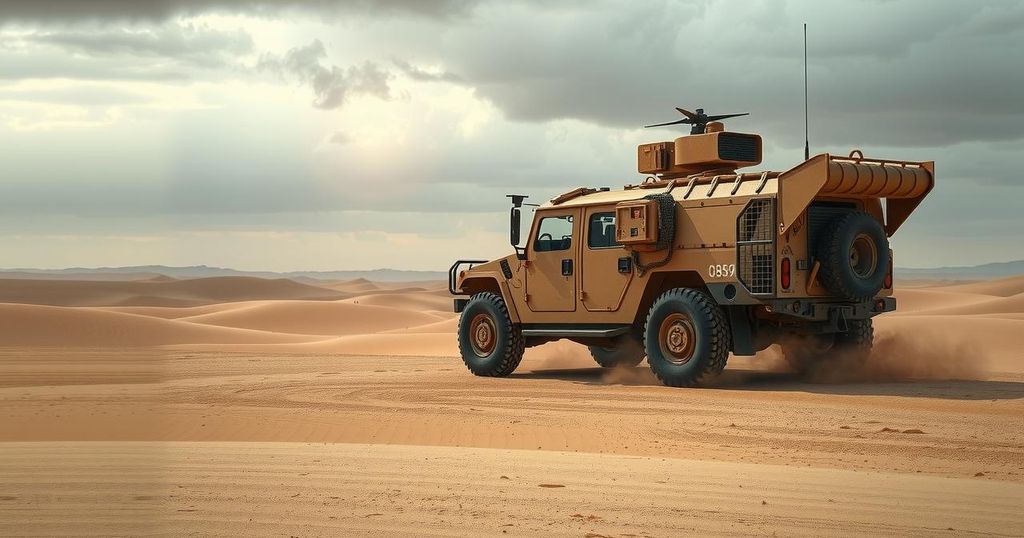South Sudan has warned the White Army to vacate military zones in Nasir or face military action, amid escalating tensions reminiscent of the 2015 civil war. The government accuses the militia of engaging in warfare against state forces and defends interventions from Uganda as necessary for stability.
The government of South Sudan has formally warned the White Army, a Nuer militia group, to vacate military zones in Nasir or face potential military repercussions. This order includes the immediate evacuation of assembly areas in Nasir and other significant conflict sites. The White Army, which asserts that it functions as a civilian entity, is accused of engaging in hostilities against the South Sudanese Defence Forces (SSDF), particularly in Nasir, where clashes have resulted in fatalities among both military and UN personnel.
Information Minister Michael Makuei articulated the government’s position, stating that any civilian associated with the White Army must retreat to their homes to avoid military action. He additionally emphasized that individuals remaining in military zones would be categorized as combatants. Makuei firmly rejected allegations that the government is targeting civilians, asserting that those unwilling to leave will face consequences reflecting their status as negative forces.
The White Army, known to be affiliated with Riek Machar, captured Nasir on March 3, leading to intense confrontations with government forces. To counter this, South Sudan initiated aerial attacks on the Nasir airstrip to disrupt potential air supply routes for the militia. Observers from the United Nations have noted striking parallels between the current crisis and events leading up to the 2015 civil war triggered by political tensions between President Salva Kiir and Vice President Machar.
The struggle for control over Nasir, recently overrun by the White Army, has exacerbated existing tensions. The South Sudanese government has implicated the SPLM/A-IO in supporting the White Army’s offensive, resulting in increased security measures and the arrests of opposition figures. Machar has voiced his discontent, claiming that the ruling government is employing tactics of intimidation and repression, jeopardizing the fragile peace agreement. Notably, he highlighted the unusual circumstance of being a vice president under house arrest for seven years while remaining engaged in governmental affairs.
In terms of international involvement, Uganda has extended its support to President Kiir, with the NRM Parliamentary Caucus approving the deployment of its army to South Sudan to maintain order. Gen. Muhoozi Kainerugaba, the chief of Uganda’s army, has declared that any threats against Kiir would be regarded as acts of war against Uganda. The South Sudanese government has justified this military assistance by citing an existing bilateral pact established years prior, aimed at combating various negative forces, including the notorious Lord’s Resistance Army (LRA).
The South Sudanese government has issued a clear directive to the White Army to vacate military zones to avoid potential military engagement. The ongoing conflict underscores rising tensions reminiscent of past civil unrest, with international implications as Uganda reaffirms its support for President Kiir. The precarious situation requires heightened attention to prevent a deterioration of the fragile peace in South Sudan.
Original Source: chimpreports.com




